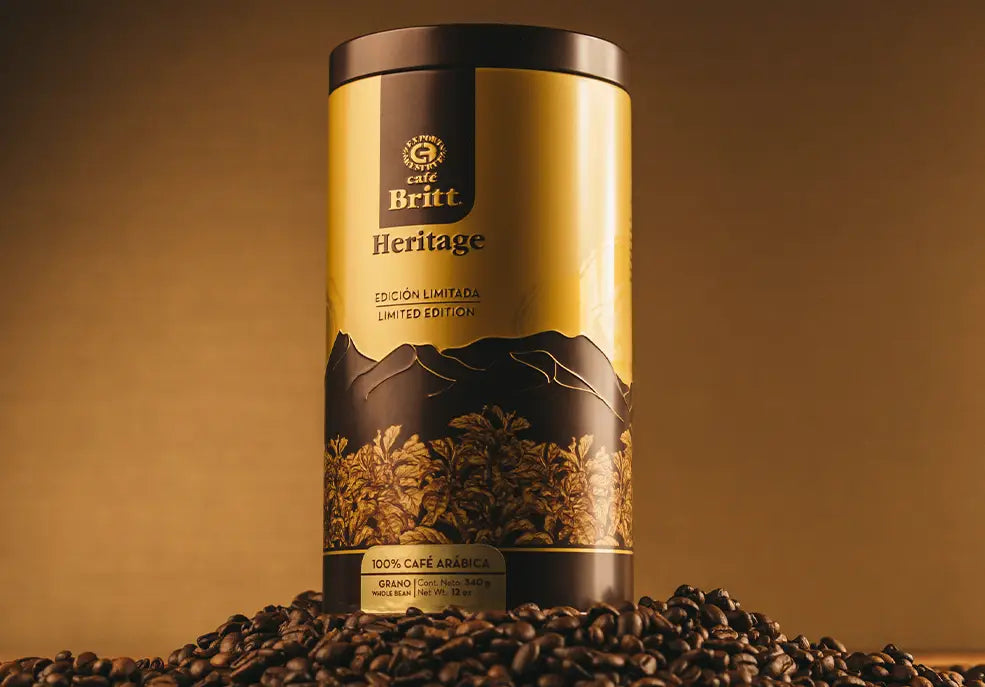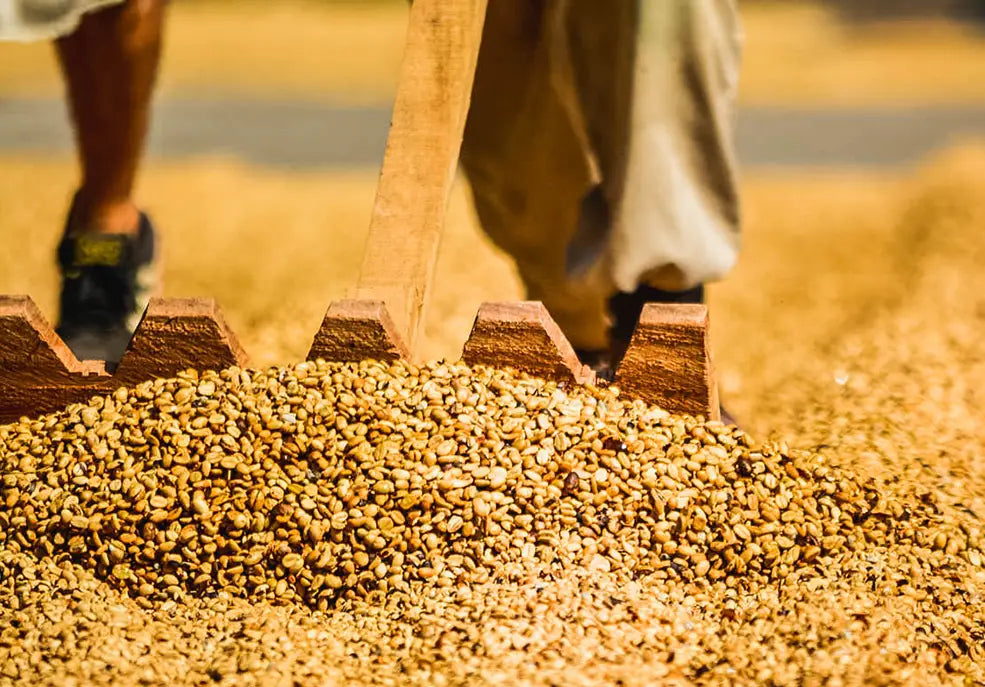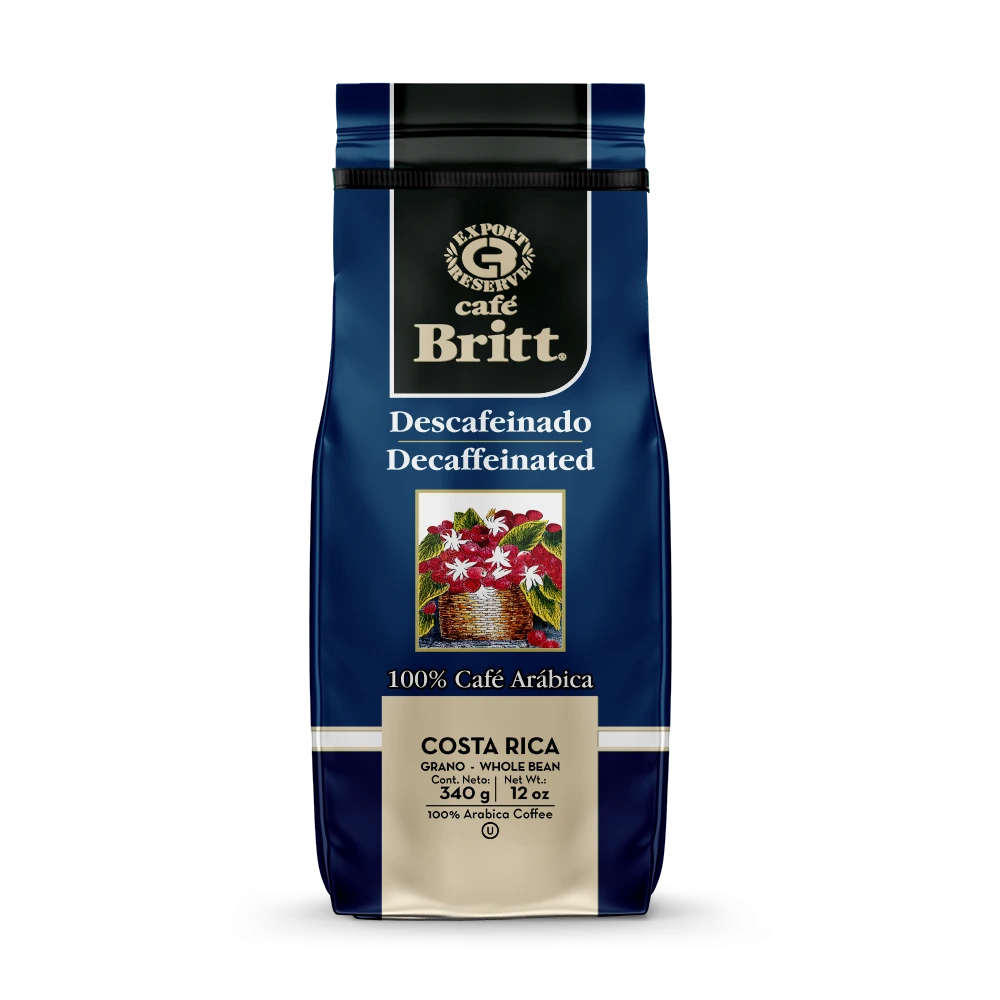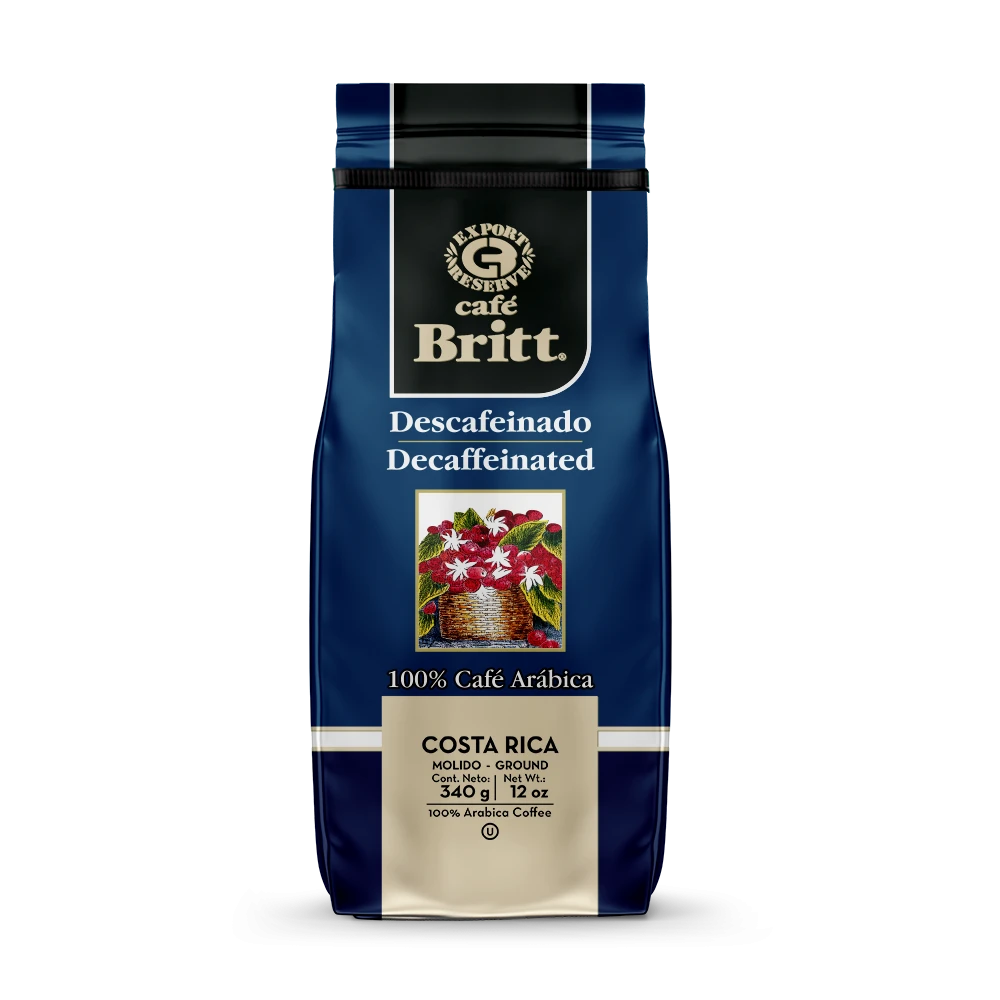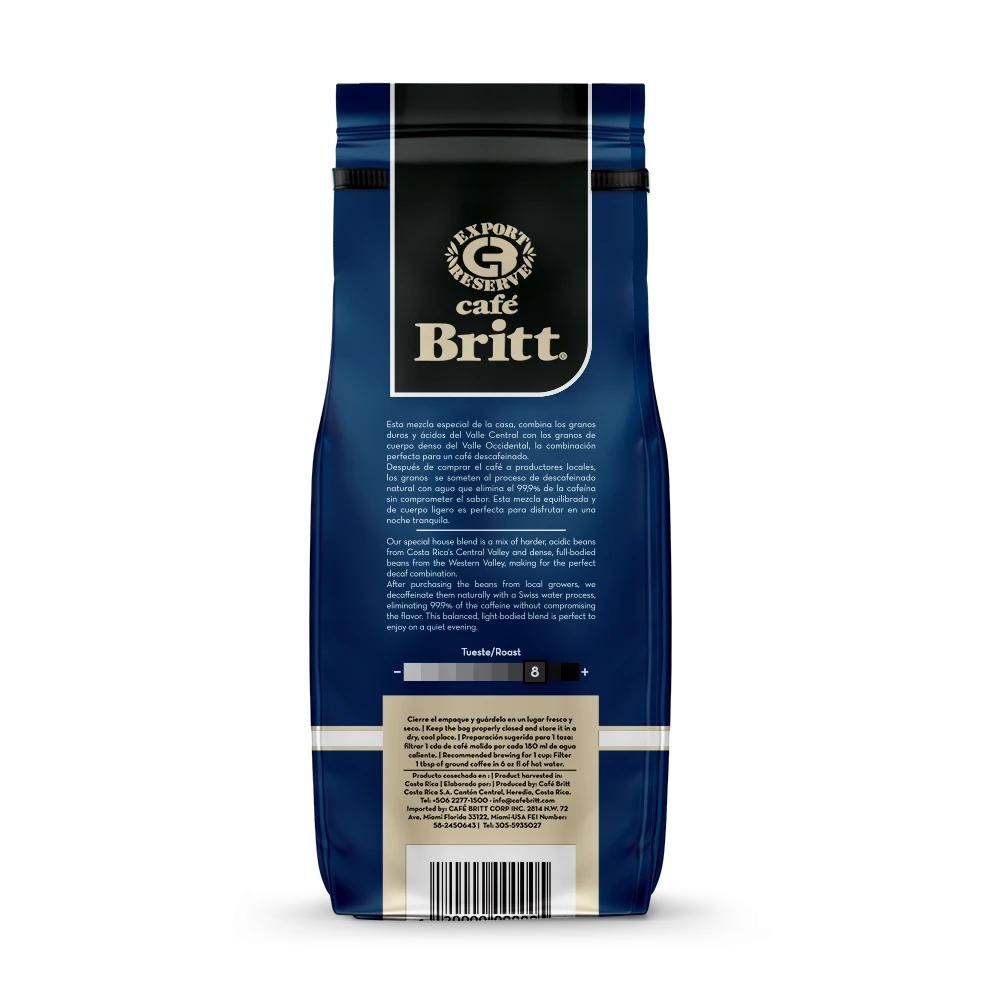DECAF COFFEE MYTHS
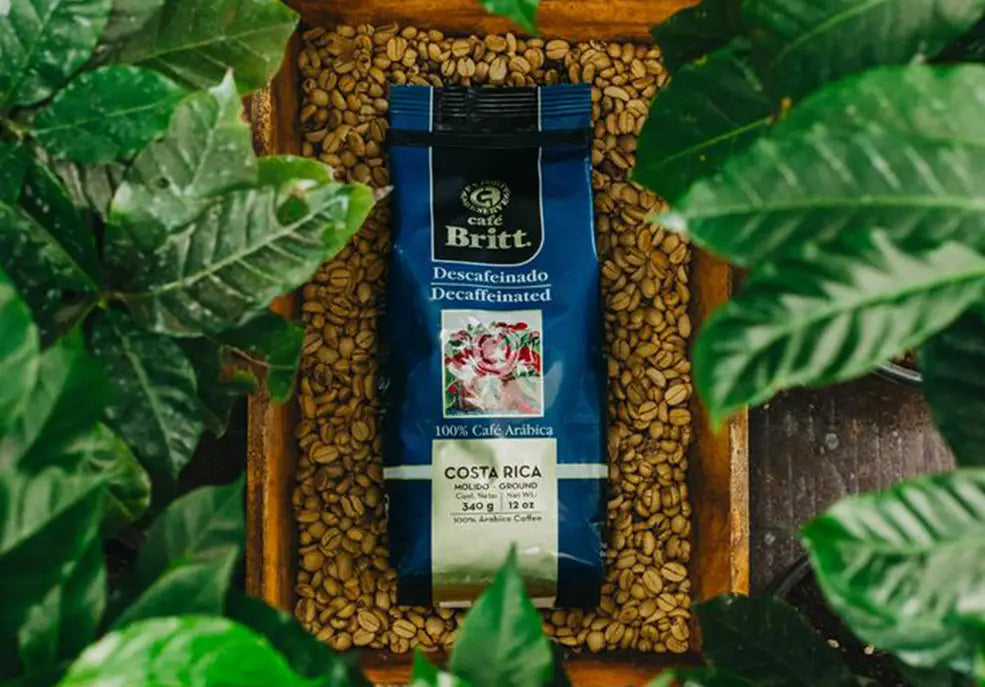
Even for the most ardent coffee lovers, decaf can be a bit of a mystery. Have doubts? Then let us clear up some of the myths surrounding decaffeinated coffee.
1. MYTH:
Decaf doesn't taste like "regular" coffee
FACT:
The flavor of decaf depends on the quality of the beans and the roaster, not on the caffeine in the coffee itself.
Café Britt Decaf uses the same high-quality coffee beans that we use for our regular coffee. Plus, we put the same care into the flavor profile.
What does that mean? It means that our decaf has just as much flavor as any of our caffeinated coffees. Unfortunately, that's not the case with commercial decaf.
2. MYTH:
Decaf comes from a special decaffeinated coffee plant.
FACT:
All coffee comes from coffee beans that naturally have caffeine. Decaffeination is performed after harvest.
Bean quality is a major reason that gourmet decaf tastes better than commercial decaf.
3. MYTH:
Caffeine is always removed with chemicals.
FACT:
While most commercial decaffeination uses a chemical solvent, water-based decaffeination does not.
Traditional decaffeination uses a chemical solvent to break down and remove the caffeine in coffee.
Instead of using chemicals, Café Britt uses the Swiss Water® Process, which relies on the natural processes of solubility and osmosis to eliminate caffeine using water and a charcoal filter.
4. MYTH:
The Swiss Water® Process is only done in Switzerland.
FACT:
Swiss Water is the name of the company that developed the process, not its location.
5. MYTH:
Decaffeinated coffee is 100% caffeine-free.
FACT:
All decaf coffee has at least .01% caffeine.
Don't be fooled by coffee companies that say they have eliminated all the caffeine in a decaf brew, that is not currently possible. The FDA allows up to 3% of the original caffeine to be present in coffees labeled "decaffeinated."
